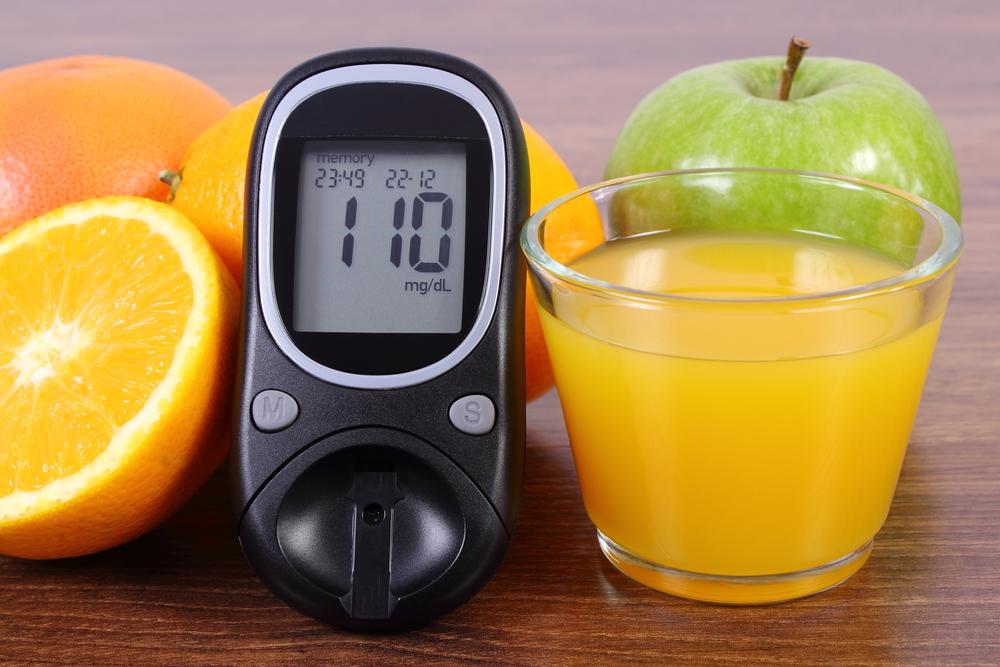Understanding H. Pylori Infection: Symptoms, Causes, and Risks
Learn about H. pylori infection, including its symptoms, causes, and risks. This bacterial infection is common worldwide and can lead to ulcers, gastritis, and even stomach cancer if untreated. Recognize symptoms like stomach pain, nausea, and unexplained weight loss. Understand how it spreads, risk factors like crowded living, and the importance of early diagnosis. Seek medical advice if symptoms persist to prevent severe complications. Stay informed for better health management and early intervention.

Understanding H. Pylori Infection: Symptoms, Causes, and Risks
H. pylori, or Helicobacter pylori, is a bacterial infection that typically develops during childhood and is a common cause of peptic ulcers. According to global studies, about half of the world’s population carries this bacteria, often without symptoms. When ulcer symptoms appear, medical tests confirm if H. pylori is the culprit.
Signs of H. pylori infection
A recurring burning sensation in the stomach often indicates an ulcer. This discomfort is usually felt in the middle of the night or between meals when the stomach is empty. Relief is often found through antacids, milk, or food. Additional symptoms may include:
Loss of appetite
Vomiting
Nausea
Unexplained weight loss
Burping
Bloating
If ulcers cause bleeding, serious health issues can arise. Seek immediate medical attention if you experience:
Dark or black stools
Dizziness or fainting
Breathing difficulties
Fatigue without reason
Pale skin
Vomiting blood or resembling coffee grounds
Severe stomach pain
Although rare, H. pylori can lead to stomach cancer. Early signs that may precede this include heartburn, followed by symptoms such as persistent nausea, loss of appetite, early satiety, unexplained weight loss, and recurrent vomiting.
Causes of H. pylori infection
The exact transmission pathways remain under study. It is believed to spread via contact with infected vomit, fecal matter, or saliva, and through contaminated food or water sources.
Risk factors
Childhood exposure plays a crucial role. Risk factors include:
Crowded living environments: Larger households increase infection chances.
Unsanitary water: Lack of clean water facilitates bacterial spread.
Living in underdeveloped regions: Poor sanitation and crowded conditions raise risks.
Close contact with infected individuals: Living with someone with H. pylori increases your likelihood of infection.
Complications
Ulcers: Damage to stomach and intestinal lining can cause ulcers in about 10% of infected individuals.
Gastritis: Inflammation of the stomach lining.
Stomach cancer: A severe potential outcome requiring urgent medical care.
When to see a doctor
Severe or persistent abdominal pain
Difficulty swallowing
Black, tarry stools
Vomiting blood or resembling coffee grounds
Prevention through testing varies, especially in high-risk populations. If symptoms persist, consult your healthcare provider promptly to avoid serious complications. Take preventive action if you experience related symptoms of H. pylori infection.









